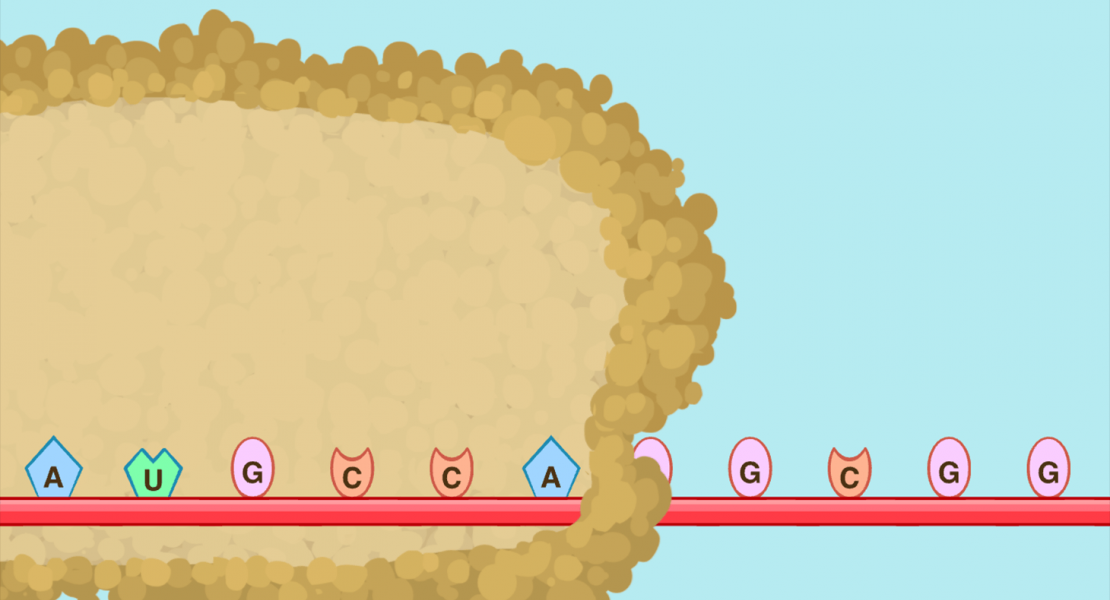Comprehensive evaluation of canonical versus Dicer-substrate siRNA in vitro and in vivo

Abstract
Since the discovery of RNA interference (RNAi), researchers have identified a variety of small interfering RNA (siRNA) structures that demonstrate the ability to silence gene expression through the classical RISC-mediated mechanism. One such structure, termed ‘‘Dicer-substrate siRNA’’ (dsiRNA), was proposed to have enhanced potency via RISC-mediated gene silencing, although a comprehensive comparison of canonical siRNAs and dsiRNAs remains to be described. The present study evaluates the in vitro and in vivo activities of siRNAs and dsiRNAs targeting Phosphatase and Tensin Homolog (PTEN) and Factor VII (FVII). More than 250 compounds representing both siRNA and dsiRNA structures were evaluated for silencing efficacy. Lead compounds were assessed for duration of silencing and other key parameters such as cytokine induction. We identified highly active compounds from both canonical siRNAs and 25/27 dsiRNAs. Lead compounds were comparable in potency both in vitro and in vivo as well as duration of silencing in vivo. Duplexes from both structural classes tolerated 29-OMe chemical modifications well with respect to target silencing, although some modified dsiRNAs demonstrated reduced activity. On the other hand, dsiRNAs were more immunostimulatory as compared with the shorter siRNAs, both in vitro and in vivo. Because the dsiRNA structure does not confer any appreciable benefits in vitro or in vivo while demonstrating specific liabilities, further studies are required to support their applications in RNAi therapeutics.
